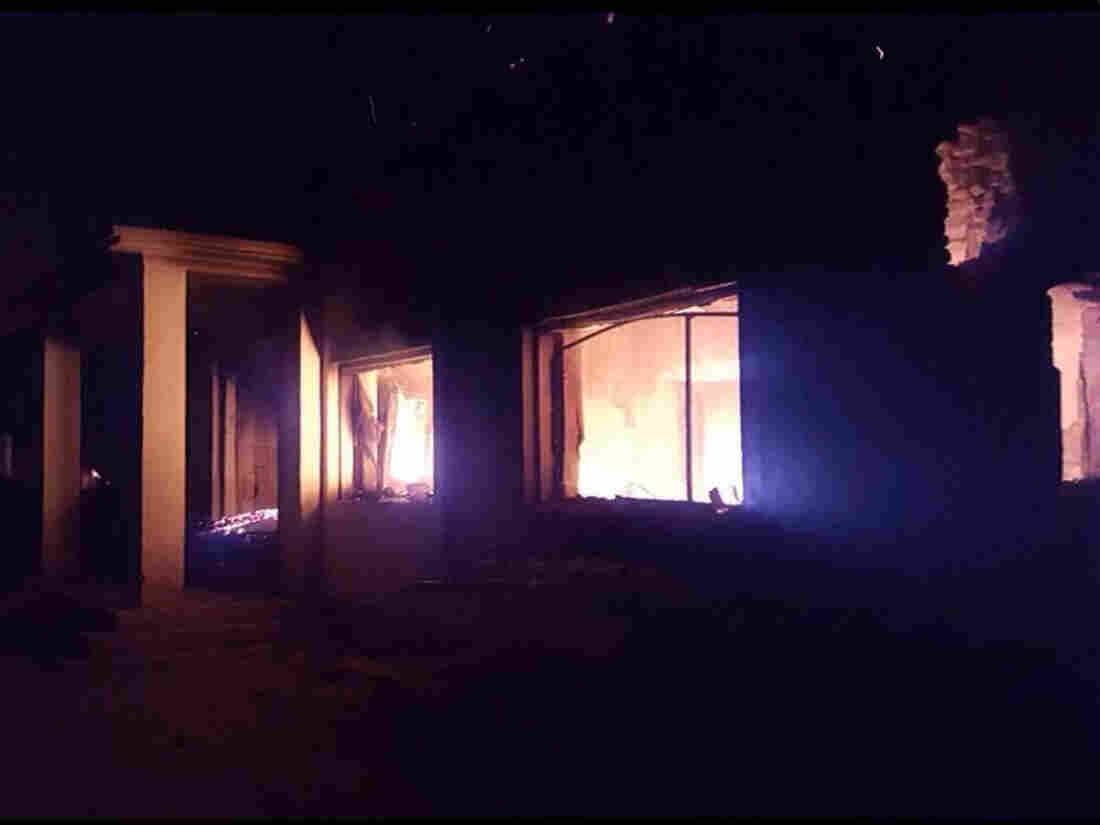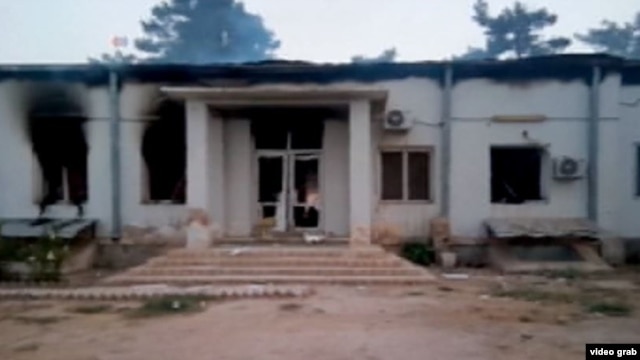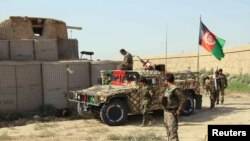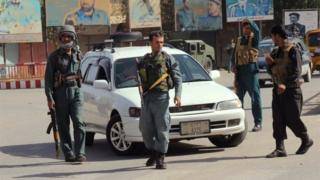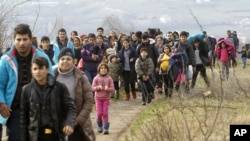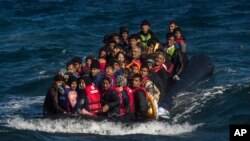Disir
Platinum Member
- Sep 30, 2011
- 28,003
- 9,607
- 910
Nato special forces have joined Afghan troops in the increasingly desperate battle for Kunduz, as one of the last two government outposts in the strategic northern city surrendered to the Taliban.
The heavily besieged airport, which sits on a hilltop a few miles outside Kunduz, is now the only place held by the Afghan army. The nearby Bala Hisar fort fell when soldiers there ran out of ammunition, deputy provincial governor Hamdullah Daneshi said.
...“Our message to government officials and security personnel who are thinking about resistance or are hiding in fear of retribution is that they should abandon all negative thoughts spread about Mujahideen due to enemy propaganda,” said the Taliban’s new leader, Mullah Akhtar Mansoor, in a statement posted online. “Mujahideen are not thinking about retribution but have come with a message of peace.”
Taliban widen offensive as Nato special forces join fight for Kunduz
Looks like peace to me. Afghans are still fleeing the country.
The heavily besieged airport, which sits on a hilltop a few miles outside Kunduz, is now the only place held by the Afghan army. The nearby Bala Hisar fort fell when soldiers there ran out of ammunition, deputy provincial governor Hamdullah Daneshi said.
...“Our message to government officials and security personnel who are thinking about resistance or are hiding in fear of retribution is that they should abandon all negative thoughts spread about Mujahideen due to enemy propaganda,” said the Taliban’s new leader, Mullah Akhtar Mansoor, in a statement posted online. “Mujahideen are not thinking about retribution but have come with a message of peace.”
Taliban widen offensive as Nato special forces join fight for Kunduz
Looks like peace to me. Afghans are still fleeing the country.



